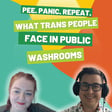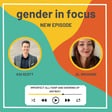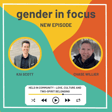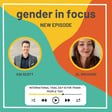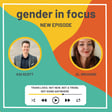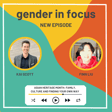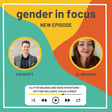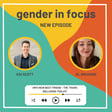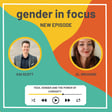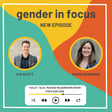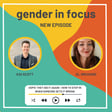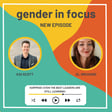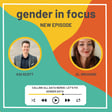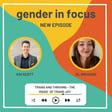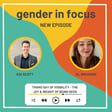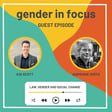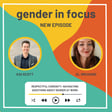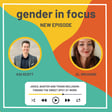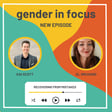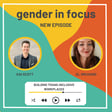
Revolutionizing Gendered Languages: How Spanish, French & German Are Evolving for Gender Diversity
Language shapes how we see the world - and when gender is built into the words we use, inclusion becomes a real challenge.
In this episode of Gender in Focus, Kai is joined by TransFocus team members Nico, Ange and Mirko to explore what gender diversity looks like in the French, Spanish and German languages, where gender is woven into so many aspects of communication. They discuss the obstacles, the creative solutions emerging, and the shifts already underway to make these languages more inclusive and reflective of the beautiful diversity that exists. This isn’t just a conversation about linguistics - it’s about identity, visibility and belonging. And whether you speak a gendered language or not, reimagining how we use language has far-reaching implications for how we understand gender in everyday life.
Language shapes our reality, but our reality also shapes our language. So how do we make language work for everyone? Tune in to explore what’s changing, what’s next, and why it matters.
Now with Mirko joining our team, we are so excited to share that we have launched our Gender Diversity Basics course in Spanish, alongside the English and French versions we already offer! For a free preview of the course click here!
___________
Want to get in touch? Contact us at podcast@transfocus.ca
Join us on social media:
LinkedIn | Instagram | TikTok | Threads | Facebook
